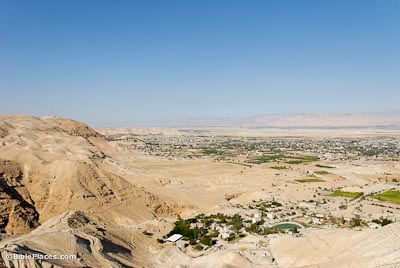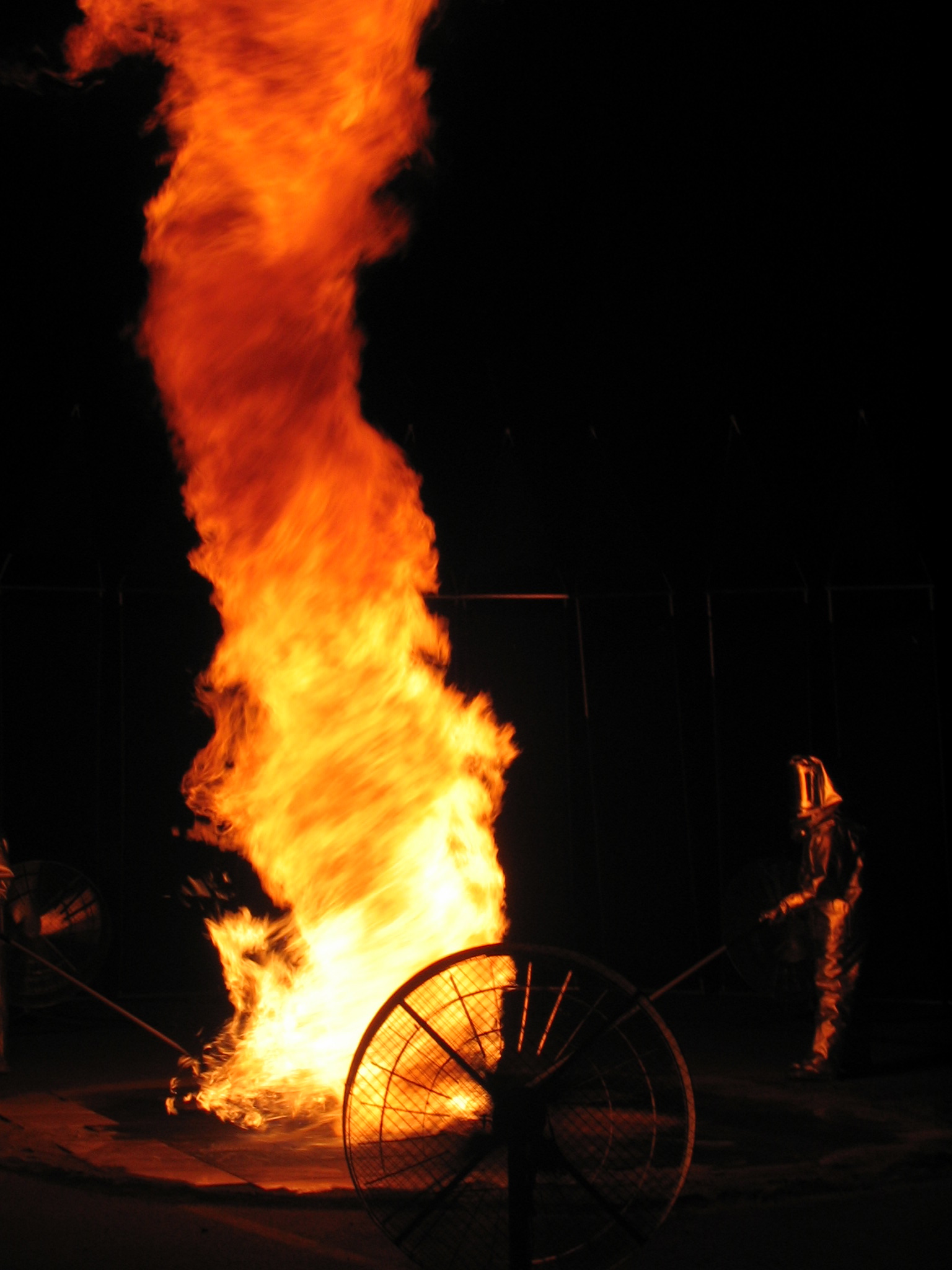In Epiphania Domini
Homily for the Solemn Feast of the Epiphany of
the Lord
5th of January, 2014 AD
Parish of Saint
Kateri Tekakwitha (Union Street)
Rev. Michael Taylor
And seeing the star they [the magi] rejoiced with exceedingly great
joy.
And entering into the house, they found the child with Mary his mother,
and falling down they adored him;
 |
| Are we there yet? |
The word
Epiphany comes to us from the Greek word, επιφανεια which
means “to make known about” or “to make manifest” or as the feast day is known
in by some of Eastern Rite brethren, Θεοφανεια
which means “the revelation of God.” It’s an odd title then considering that it
doesn’t seem to be that much of a manifestation when you think of it. It’s not
the angels appearing to the shepherds. It’s not one of Jesus’ numerous miracles
or healings. Why then, you ask yourself, is it called “Epiphany”? I’m so very glad
you asked.
Originally,
the day celebrated two events. The first was the visit of the magi, and the
second was the baptism of Christ in the river Jordan. In order to understand
today, we need to understand the baptism of the Lord. So let’s take a jaunt
over just a chapter pass where our gospel reading is taken from today. When
John the Baptist is reintroduced to us as an adult, we find that he is preaching in the desert of Judea and saying
“Do penance; for the kingdom of heaven is at hand[3].” We also find that he is doing a baptism of
penance [4]
and that people from all of Judea and Jerusalem are coming out. Now you should
understand something about where John is. He’s most likely around the town of
Jericho which today sits on the eastern bank of the river Jordan and is just
north of the Dead Sea. It’s about 33 miles from Jerusalem give or take a mile.
That’s about a two to three day walk through a very inhospitable tract of land,
known as the Judean desert. So why are people coming out into the middle of
nowhere? Because they are looking for something. They don’t necessarily know
what it is, but they’re looking for something big. They’re looking for God.
It’s why they come confessing their sins and seeking a baptism of repentance,
to make themselves right with God.
 |
| Jericho |
John’s testimony points to the very
restoration of our relationship with God; I
indeed baptize you in the water unto penance, but he that shall come after me,
is mightier than I, whose shoes I am not worthy to bear; he shall baptize in
the Holy Ghost and fire.[5]
Now you have to understand that to the Jewish people, the idea of fire has a
particular meaning to the Jewish people. It was from the fire that God spoke to
Moses.[6]
It was from the pillar of fire that God lead the people of Israel through the
wilderness.[7]
Indeed in Deuteronomy, it is written, Because
the Lord thy God is a consuming fire, a jealous God.[8]
Fire was the means by which God tried and purified the people of Israel, as
the psalmist wrote, For thou, O God, hast
proved us: thou hast tried us by fire, as silver is tried.[9]
It was also the means by which God judged the nations, as the prophet
Isaiah warned, The sinners of Zion are
afraid, trembling hath seized upon the hypocrites. Which of you can dwell with
devouring fire? Which of you shall dwell with everlasting burnings? [10]
 |
| Although, with it being below zero as I write this…some fire could be nice |
Yet there is also the promise of the Holy
Ghost. This too meant something to the people of Israel. It was the Spirit of
God which moved across the deep and formless void at the dawn of creation.[11]
It was the Spirit of God which was breathed into the muck and slime of the
earth that formed, a-dam, Adam, the
man who walked with God before the fall.[12]
It is Spirit of God which Ezekiel prophesizes, where the Lord says, I will give them one heart, and put a new
spirit within them; I will take the stony heart out of their flesh and give
them a heart of flesh.[13]
It is the very same Spirit that Isaiah says will be the Spirit of the one who
is to come, the one who is the messiah, the one of whom it is written, the Spirit of the Lord is upon me, because
the Lord hath anointed me: he hath sent me to preach to the meek, to heal the
contrite of heart, and to preach a release to the captives, and deliverance to
them that are shut up.[14]
You see, John is telling the people of Israel, something is coming, someone is coming.
And then Jesus appears at the river. Jesus
approaches John asking for baptism. John, rightly understands that Jesus does
not need forgiveness of any sins. John replies to Jesus, I ought to be baptized by thee, and thou comest to me?[15]
But Jesus has something bigger in mind, and thus He replies, Suffer it to be so now, for so it becometh
us to fulfill all justice.[16]
It’s because of that moment, that God reveals not only a new relationship,
but God reveals Himself in all His glory, as it is written, And Jesus being baptized, forthwith came out
of the water: and lo, the heavens were opened to Him: and He saw the Spirit of
God descending as a dove, and coming down upon Him. And behold a voice from
heaven, saying, “This is my beloved Son, in whom I am well pleased.” [17]
Now this is an epiphany! This is an Theophany! God has been made known and
He reveals a way to be created anew and indeed to become a child of God,[18]
as the Apostle affirms, writing, putting
on the new man, who according to God is created in justice and holiness of
truth[19]
and again for the Spirit Himself giveth
testimony to our spirit, that we are the sons of God.[20]
| Icon of the Baptism of Christ |
So what does this have to do with the visit
of the Magi? What does this have to do with the Feast of Epiphany? If we want
to understand that, we have to look at the gifts that the Magi bring our Lord
and Savior. They bring the child gold, as is fitting for a king and for God, following
the example of King David, who took all the gold and silver given to him, and dedicated them to the Lord.[21]
They bring the child Frankincense. This is fitting for a priest, especially one
who is to offer a sacrifice, especially a sacrifice of bread, as is found in
the book of Leviticus; and thou shalt put
upon them the dearest frankincense, that the bread may be for a memorial of the
oblation of the Lord.[22]
It was also used to adorn the bride of the bridegroom in the Song of Songs,
as it is written, the smell of thy
garments, as the smell of frankincense.[23]
Are you beginning to see what is happening here? Gold, fitting tribute to a
king, and worthy to be dedicated to God Himself is being laid before the child
who is the Son of David the King [24]
and the Son of God.[25]
Frankincense, fitting in sacrifice and worthy of a wedding banquet, is given to
the one who is both priest[26]
and bridegroom.[27]
The Myrrh though. That’s the key gift in understanding all that is unfolding
for us. Myrrh in the time of Christ was used for the anointing of bodies,
especially bodies being prepared for burial. It’s almost like showing up to a
baby shower with formaldehyde.[28]
 |
| If you forgot to buy a gift, and all you had was some formaldehyde, you should probably just turn up empty handed. |
This, believe it or not, is a marvelous
epiphany. First, the Magi come to this house, see a poor infant of a child, in
the house of poor parents, and they fall down in adoration, seeing the God
foretold by the wise Jewish prophet, Daniel, whose writings they might well
have known, I saw in the night visions,
and behold, with the clouds of heaven there came one like a son of man, and he
came to the Ancient of Days and was presented to Him. And to Him was given
dominion and glory and kingdom, that all peoples, nations and languages should
serve him; his dominion is an everlasting dominion, which shall not pass away,
and his kingdom one that shall not be destroyed.[29]
They see a priest, a prophet and a king. And they understand that this
child will have to die to fulfill that mission, as again the prophet Zechariah
foretold; and I will pour out upon the
house of David, and upon the inhabitants of Jerusalem, the spirit of grace, and of prayers: and they shall look upon me, whom
they have pierced: and they shall mourn for him as one mourneth for an only
son, and they shall grieve over him, as the manner is to grieve for the death
of the firstborn.[30]
 |
| Behold the lamb of God, Behold the pierced one. |
You see every the truth of Jesus divine
identity is revealed, there is a foreshadowing of the suffering that is to
come. When Jesus was presented to the temple, Anna the prophetess foresaw the
redemption of Israel was at hand, Simeon tells Mary, this child is set for the fall and for the resurrection of many in
Israel, and for a sign which shall be contradicted, and thy own soul a sword
shall pierce, that out of many hearts, thoughts may be revealed.[31]
When the Magi bring gifts for a priest, prophet and king, they also bring the
means to bury him. When John the Baptist baptizes Jesus, he also proclaims, Behold the Lamb of God, Behold him who
taketh away the sin of the world.[32]
This is the lamb who is slain, through whose blood we are made whole. When
Jesus is transfigured before Peter, James, and John, it is only after having
told them that he will have to die. This is truly an epiphany.
You now see today what is being revealed
today; the Word made flesh is on a rescue mission. God has come into the world,
not just to bring about the Kingdom of God, not just to restore right worship
to God, not just to prophesy about the justice of God, but to conquer death
itself. Christ has come into this world for one reason, to ransom those who
were captive to sin and death. As Saint Paul writes, For as in Adam all die, so also in Christ all shall be made alive…and
the enemy shall death shall be destroyed at last; for He hath put all things
under His feet…and when this mortal hath put on immortality, then shall come to
pass the saying that is written, Death is swallowed up in victory. O death,
where is thy victory? O death, where is thy sting? Now the sting of death is
sin: and the power of sin is the law. But thanks be to God, who hath given us
the victory through our Lord Jesus Christ.[33]
Truly the glory of God is revealed for our eyes.
[1] Matthew 2.10-11
[2] As an aside note, the Feast of Epiphany is supposed
to fall on January 6th, but often gets moved to the closest Sunday.
Keeping it on the 6th makes it the twelfth night after Christmas,
which, you got it, is where we get the song “The Twelve Days of Christmas”
which makes sense as why it became a gift giving season. It’s also where
Shakespeare’s Twelfth Night receives
its title as it was a marking of the Christmas season. It was first performed
on February 2nd, 1602, which is the Candlemas mass which marks the
end of the Christmas season. Epiphany was originally a major feast, and thus
the baptism of the Lord would be celebrated on January 13th which
marked the octave day of Epiphany.
[3] Matthew 3.1-2
[4] Matthew 3.6
[5] Matthew 3.11
[6] cf. Exodus 3.1-5: Now the Moses fed the sheep of
Jethro his father in law, the priest of Madian: and he drove the flock to the
inner parts of the desert, and came to the mountain of God; Mount Horeb. And
the Lord appeared to him in a flame of fire out of the midst of a bush: and he
saw that the bush was on fire and was not burnt. And Moses said: I will go and
see this sight, why the bush is not burnt. And when the Lord saw that he went
forward to see, he called to him out of the midst of the bush, and said:
“Moses, Moses.” And he answered, “Here I am.” And the Lord said: “Come not nigh
hither, put off the shoes from thy feet: for the place whereon thou standest is
holy ground.”
[7] Cf. Exodus 13.21-22
[8] Deuteronomy 4.15
[9] Psalm 65.10 (LXX)
[10] Isaiah 33.14; cf. Hebrews 12.29
[11] cf. Gen 1.2
[12] cf. Gen 2.7
[13] Ezekiel 11.19
[14] Isaiah 61.1; cf. Luke 4.18-19
[15] Matthew 3.14
[16] Matthew 3.15
[17] Matthew 3.16-17
[18] cf. John 3.5: Jesus answered: “Amen, Amen, I say unto
thee, unless a man be born again of water and the Holy Ghost, he cannot enter
into the kingdom of God.”
[19] Ephesians 4.24
[20] Romans 8.16
[21] II Samuel 8.11
[22] Leviticus 24.7
[23] Song of Songs 4.11
[24] cf. Matthew 1.20; Matthew 9.27, Matthew 12.23
[25] cf. Mark 1.1
[26] cf. Hebrews 2.16-17
[27] cf. Mark 2.19-20
[28] CH2O; why give you the chemical formula
for Formaldehyde? Why not? You’re welcome. And thank you for reading the
footnotes.
[29] Daniel 7.13-14
[30] Zechariah 12.10
[31] Luke 2.34-35
[32] John 1.29
[33] I Corinthians 15.22, 26, 54-57
No comments:
Post a Comment